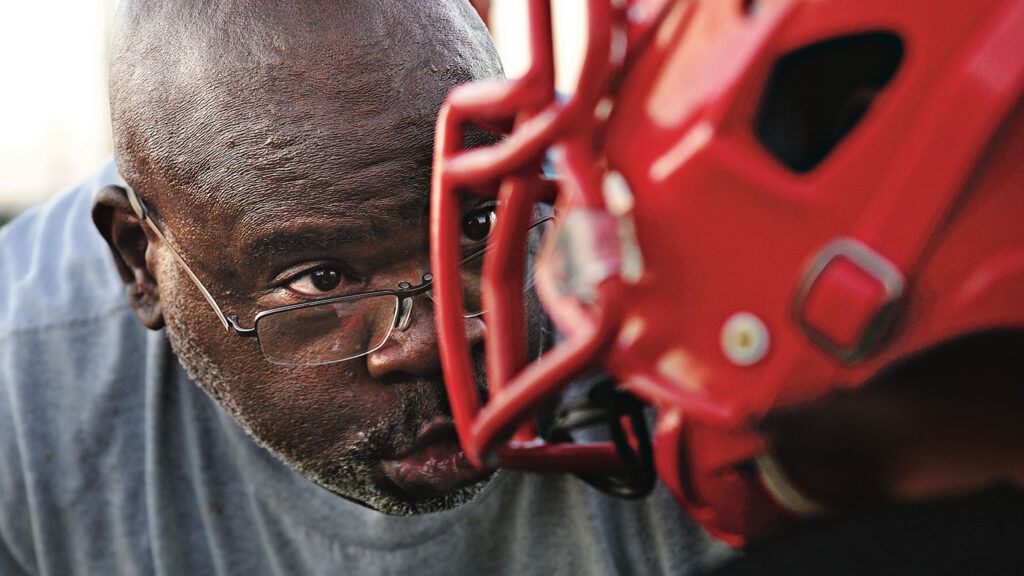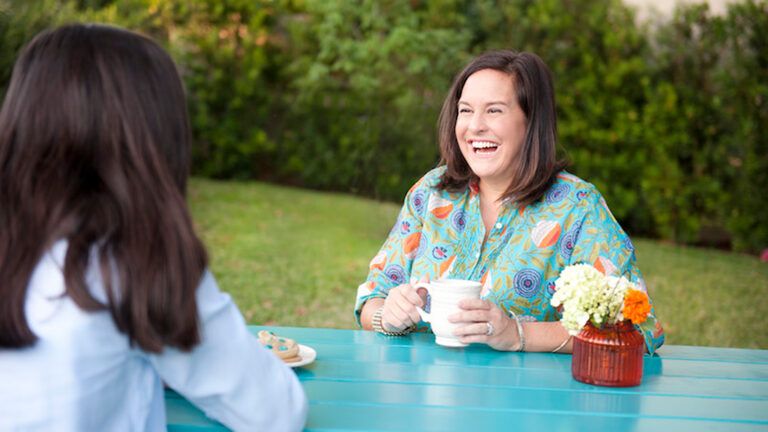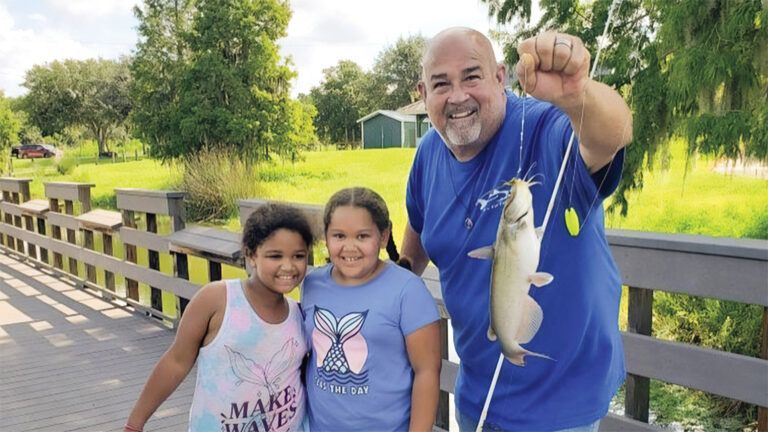Saturday morning at the start of football season. I stood on a field in inner-city Los Angeles with a dozen eight and nine-year-old boys. I was trying to get them to run as slowly as possible. That’s right. Slowly.
“We are going to do a slow lap around this field, staying together,” I said. “If someone lags, I want the fastest runners to stay with them. We run as a team. Got that? Now go.” The kids, brand-new recruits, took off. As I expected, the fastest kids streaked ahead, leaving slower runners behind. They returned sweating and out of breath.
“Okay,” I said. “We are going to do that again. And this time we are going to stay together. Understand?” Some uncertain nods. “Okay, go.”
Check out books on personal growth in our shop!
“We can stay here all day until we get this right,” I said to the boys as they returned, stretched out in a straggly line. I motioned to the fastest runners. “You get in back and stay there. Now let’s get this right!” Faster nods. “Go.” And this time they did it.
I high-fived them and they high-fived each other. First practice of the season and we hadn’t even touched a football yet. But they’d learned the most important lesson on my team.
“I don’t care how fast you run, how well you catch, how far you throw,” I said to the boys. “What I want from you is teamwork. To love and support each other. You give me that, and we’ve already won.”
I don’t look much like a football coach. I didn’t play as a kid and I don’t play now. I need a hip replacement and I sure don’t run with my boys. But foot-ball is my life. You know why? Because about 10 years ago, God showed me that the way to reach at-risk kids in L.A.—kids like me when I was young—is through what they love. Kids here love football.
So every summer and fall, in heat and cold, sun and rain, I’m on the field, laying down drills, running plays and, most of all, encouraging boys on my team to set high standards and live with commitment and compassion.
If you’d known me when I was these boys’ age, you’d never in a million years have guessed that one day I’d be running my own nonprofit organization that fields a team of about 150 players from ages 5 to 14, not only coaching them but feeding them square meals after school and keeping a close eye on their grades.
READ MORE: A TRUE MIRACLE FOR ONE FOOTBALL PLAYER
You wouldn’t have envisioned me as a grown man of deep faith, married for 30 years, with two successful sons. Most of all, you wouldn’t have marked me as someone who tries to bring love and care to a neighborhood where both seem in short supply— because when I was my players’ age, I barely knew what love was.
I grew up in Compton, south of L.A., raised by a single mom with three kids. My oldest brother had leukemia and my father went to prison. My mom tried to turn me over to my grandparents to raise, but they weren’t up to it. So she put me in foster care, where I bounced from home to home.
I felt hurt and rejected and I acted out. Like many kids in my community, I was often told, “You ain’t going to amount to anything.” And I believed it. By the time my grandparents finally agreed to raise me—they saw how chaotic my life was—I was an explosive 11-year-old determined to hurt the world before it hurt me.
My grandparents were old-school, churchgoing folk. I made life miserable for them for two years. At 13, I decided to join a gang. I set off on my bike to ride to the gang’s hangout. A block away, I stopped to let a truck pass.
It seemed to take forever. Suddenly I heard two voices in my head. One I knew all too well: You ain’t going to amount to anything. The other voice was different. Larger and yet quieter.
Peaceful but impossible to ignore. Just go home now, it said. That was all. Before I knew it, I was pedaling back to my grandparents’. I burst in their door and sank into my astonished grandfather’s lap. “I need help, Grand-daddy!” I cried. Something in my voice must have convinced him I meant it. “Hallelujah!” he sang out.
READ MORE: NOT YOUR AVERAGE FOOTBALL PLAYER
I began going to church with my grandparents. They found me a thera-pist, who taught me to stop blaming my parents and start taking responsibility for myself. I focused on two goals. To marry a woman I would be with for the rest of my life and to be a good father to my future children.
Thirty years ago, I accomplished the first of those goals when I married Karen, my high school sweetheart. We had two boys, Terrence and Solomon, now loving, responsible grown men. It was while my boys were playing youth football that God gave me the idea of using sports to reach at-risk kids.
I’d gone to a Christian college and worked in ministry before becoming a program director for a group that served foster children. I connected with those kids because I’d been one of them. But it was hard to get them to seek help. Foster parents would say, “I can’t control him. He just doesn’t want to go to your program.”
One evening, as I was saying my prayers, I thought, My boys love playing football. What if I start a team and invite the foster kids I work with to join? All I knew about football was what I’d learned coaching Solomon’s team for a year.
But once I got kids on the field, I could talk to them about what really mattered. Karen had been the president of our sons’ football league, so she knew the administrative side.
Providentially, a new league was forming in our neighborhood. I got its approval to start a team, the Falcons. Just a handful of players showed up. They got a whole lot more than football. I talked to successful people in our community and asked them what helped them stay on the right path. “God,” they told me. “Education.” “Self-respect.”
It was the old-school stuff my grandparents had tried to drill into me. “Those are your priorities,” I told the kids. “Not just winning.” I made them sign homework contracts and got regular updates from their teachers. If players’ grades slipped, I didn’t kick them off the team.
Why would I want to lose the leverage I had? I got volunteers to supervise a mandatory homework zone. Watching their friends play while they did schoolwork persuaded most kids to shape up pretty quick.
READ MORE: A PRAYERFUL LOOK AT FOOTBALL
I had trouble recruiting kids until I figured out some of the barriers keeping them from playing sports. Most football programs in this area charge $300 a season—too much for many families. With grants and volunteer labor I was able to cut that amount in half.
Some kids felt they were too overweight or out of shape to play. I started a summer pre-season fitness camp. Others turned up hungry and lethargic.
Soon we were giving out food after each practice, expanding to a community-wide after-school nutrition program that partners with government agencies and has provided roughly 60,000 meals for kids throughout southern California.
The bigger the team got, the more I realized I had to work with players’ parents too. So many were just like my parents—overwhelmed, unmarried, inexperienced, maybe even in jail. I set rules.
If a child is under eight years old, parents stay at practice—we don’t babysit. No saggy clothes. No yelling. Karen and I started offering parenting advice sessions after practice. Not all parents came. But some did. I counted each one as a victory.
READ MORE: FRANK GIFFORD ON FOOTBALL AND PRAYER
Today, Karen and I work side by side on the Falcons. She handles the administration and I handle the programming, the kids, coaches and volunteers.
Yes, I’ve learned more about football and even fielded some winning teams, including one that made it to regional play-offs a year after going 0-8. But stats are not where my heart is.
Here’s why I love my job: A few minutes after teaching my new recruits to run together, I was trying them out on a few plays. The boy playing quarterback noticed one of the other boys walking through the play, not running. “Hey, quit walking and hurry up!” he shouted.
“Whoa!” I cried. I bent down to the quarterback. “Son, did you say that in love or in hate? Think about the message you’re sending your teammate. Say, ‘I see you trying. I need you to push a little harder.’ You understand?”
The quarterback nodded. When the play was done, I gathered the boys in a huddle. It was someone’s birthday. We surrounded him with our arms and sang “Happy Birthday.” It was my favorite play of the whole practice. So often these boys hear that voice I knew all too well growing up—“You ain’t going to amount to anything.”
At a crucial time in my life, I heard a different voice, a voice that pointed me to a different path than the one I was on. It is my hope and prayer that I can help other kids find that same path.
Did you enjoy this story? Subscribe to Guideposts magazine.




